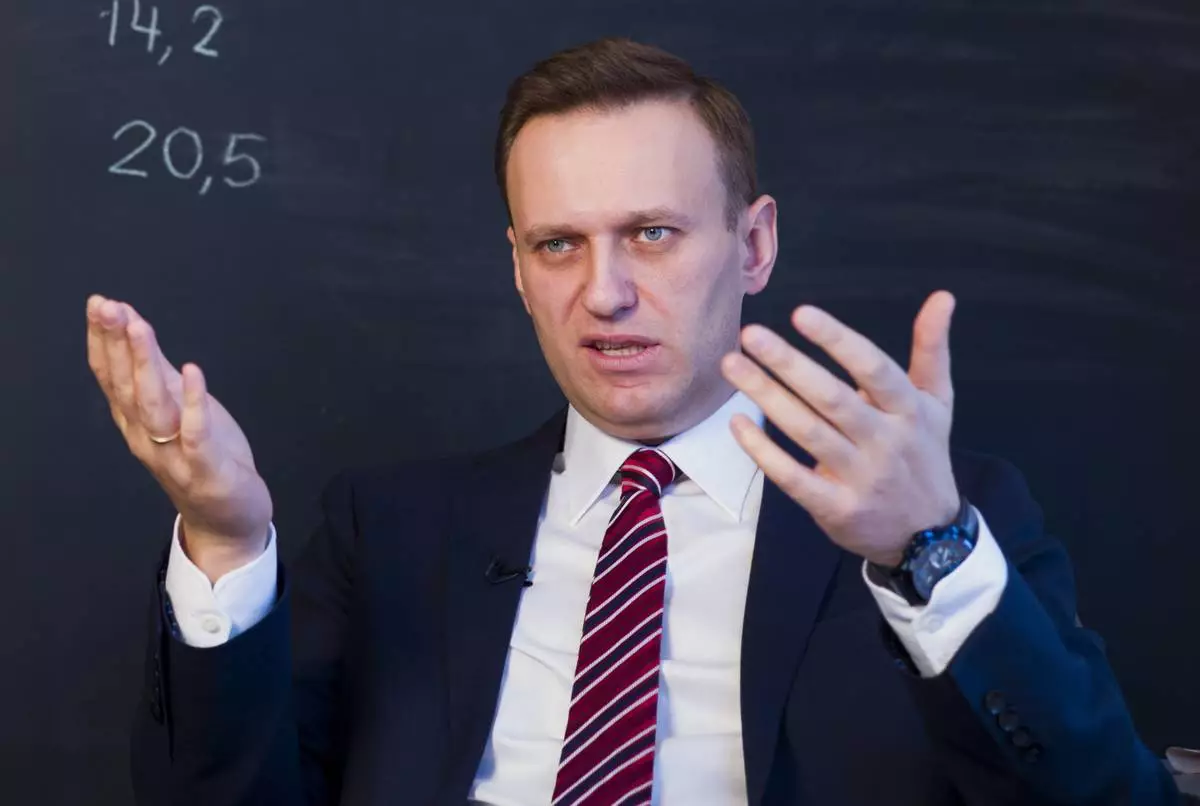Billy F. Gibbons, "The Big Bad Blues" (Concord Records)
Billy F. Gibbons hasn't strayed far from the blues but after a 2015 solo debut awash in Afro-Cuban influences, "The Big Bad Blues" is a sort of homecoming in more ways than one — the very ZZ Top-like opening track, "Missin' Yo' Kissin,'" among the record's best, was penned by his wife, Gilly Stillwater.
Gibbons' own compositions also make a fine fit with the Chicago blues tradition represented by covers of Muddy Waters, Bo Diddley and maracas-wielding Diddley collaborator Jerome Green. The years have added layers of feeling and depth to Gibbons' gruff vocal register, often resulting in an increasingly symbiotic growl with his guitar.
Waters' loping "Standing Around Crying" features some smoking harmonica from James Harman which just may cause your own eyes to tear up, while one of the first recordings (by Hambone Willie Newbern) of the other Waters track, the frantic "Rollin' and Tumblin'," dates back to 1929 and has been covered by everyone from Cream to Cyndi Lauper.
Green's "Bring It to Jerome" is missing the call-and-answer background vocals which made Diddley's original so much fun, but to hear Gibbons sort of harmonizing with himself provides its own dose of excitement. The album bids farewell with Diddley's "Crackin' Up" and its Latin feel harkens back to "Perfectamundo," Gibbons' previous album.
Among the originals, "Hollywood 151" stands out for its nasty guitars, "Second Line" is a typical Gibbons relationship song inspired by a New Orleans brass band tradition and "Let the Left Hand Know" is incredibly bottom-heavy.
Assisted by the likes of drummer Matt Sorum and co-producer Joe Hardy on bass, Gibbons, who now uses the middle initial in his name, sounds comfortably loose on "The Big Bad Blues," which more than lives up to its name.
WASHINGTON (AP) — U.S. intelligence officials have determined that Russian President Vladimir Putin likely didn’t order the death of imprisoned opposition leader Alexei Navalny in February, according to an official familiar with the determination.
While U.S. officials believe Putin was ultimately responsible for the death of Navalny, who endured brutal conditions during his confinement, the intelligence community has found “no smoking gun” that Putin was aware of the timing of Navalny's death — which came soon before the Russian president's reelection — or directly ordered it, according to the official.
The official spoke on the condition of anonymity to discuss the sensitive matter.
Soon after Navalny’s death, U.S. President Joe Biden said Putin was ultimately responsible but did not accuse the Russian president of directly ordering it.
At the time, Biden said the U.S. did not know exactly what had happened to Navalny but that “there is no doubt” that his death “was the consequence of something that Putin and his thugs did.”
Navalny, 47, Russia’s best-known opposition politician and Putin’s most persistent foe, died Feb. 16 in a remote penal colony above the Arctic Circle while serving a 19-year sentence on extremism charges that he rejected as politically motivated.
He had been behind bars since January 2021 after returning to Russia from Germany, where he had been recovering from nerve-agent poisoning that he blamed on the Kremlin.
Russian officials have said only that Navalny died of natural causes and have vehemently denied involvement both in the poisoning and in his death.
In March, a month after Navalny’s death, Putin won a landslide reelection for a fifth term, an outcome that was never in doubt.
The Wall Street Journal first reported about the U.S. intelligence determination.

FILE - Russian opposition politician Alexei Navalny gestures while speaking during his interview to the Associated Press in Moscow, Russia on Dec. 18, 2017. U.S. intelligence officials have determined that Russian President Vladimir Putin likely didn't order the death of Navalny, the imprisoned opposition leader, in February of 2024. An official says the U.S. intelligence community has found "no smoking gun" that Putin was aware of the timing of Navalny's death or directly ordered it. (AP Photo/Alexander Zemlianichenko, File)










